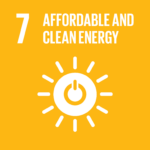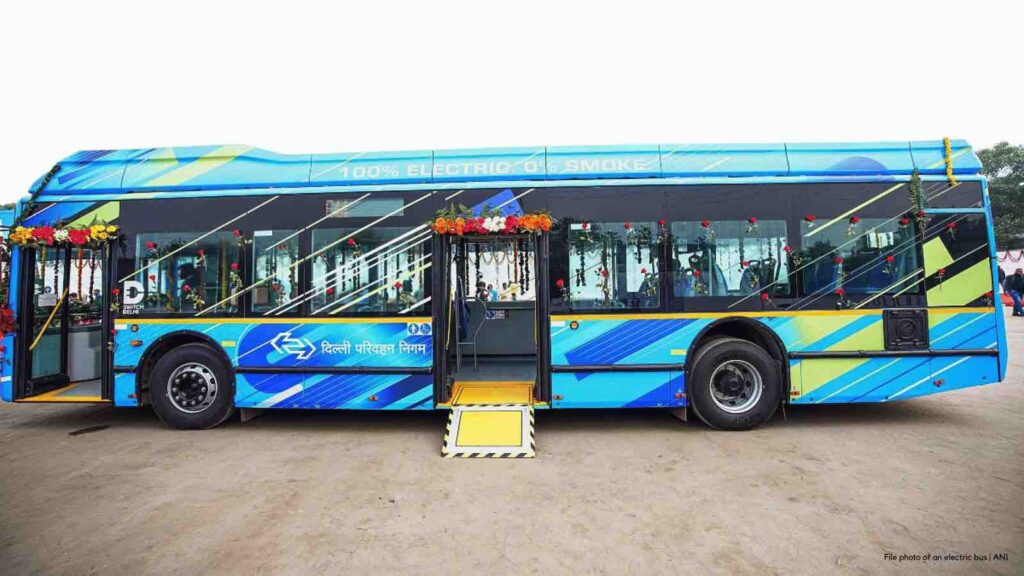Centre approves $7 billion to run 10,000 electric buses in 169 cities, as well as 7 railway tracking projects worth $3.9 billion to boost connectivity and mobility across nine states.
In a significant stride towards sustainable urban mobility, the Union Cabinet, helmed by Prime Minister Narendra Modi, has given the green light to a groundbreaking initiative named ‘PM-eBus Sewa.’ This visionary plan aims to revolutionize city bus operations with the addition of 10,000 electric buses under the Public Private Partnership (PPP) model. This audacious endeavor, projected to cost around Rs. 57,613 crore, is primed to bolster the transportation landscape across the nation, with crucial backing from the Central government amounting to Rs. 20,000 crore.
RELEVANT SUSTAINABLE GOALS



The ‘PM-eBus Sewa’ Scheme
Fueled by the overarching mission of fostering cleaner and greener urban transit, the ‘PM-eBus Sewa’ initiative carries a dual-pronged approach. Firstly, Segment A endeavors to elevate city bus services in 169 cities, enhancing the urban commute experience through a fleet of electric buses. This transformative stride is accompanied by a substantial emphasis on associated infrastructure development and up-gradation. This infrastructure backbone will not only fuel the e-buses but also encompass the establishment of behind-the-meter power infrastructure, including substations.
Meanwhile, Segment B, christened the ‘Green Urban Mobility Initiatives’ (GUMI), will span 181 cities. This visionary segment intends to infuse green initiatives into the urban fabric, orchestrating the integration of bus priority, multimodal interchange facilities, cutting-edge NCMC-based automated fare collection systems, and the essential charging infrastructure.
The ‘PM-eBus Sewa’ holds the potential to generate a significant positive impact, promising to usher in an estimated 45,000 to 55,000 direct employment opportunities. Through the deployment of these 10,000 e-buses, cities and their citizens stand to gain more than just sustainable transportation. This initiative can be a catalyst for economic growth and environmental progress alike.
Crucially, this ambitious scheme, spanning over a decade, caters to cities with a population exceeding three lakh, based on the 2011 census data. A notable emphasis is placed on reaching underserved regions, including the capital cities of Union Territories, North Eastern Region, and hilly states. The scheme resonates with the clarion call of prioritizing cities devoid of organized bus services.
With states and cities entrusted with running the bus services and overseeing payments to operators, the central government’s pivotal role is to provide subsidy as stipulated in the proposed scheme. This synergistic partnership between various stakeholders will accelerate the proliferation of cutting-edge, energy-efficient electric buses while catalyzing innovation and resilience within the e-mobility sector.
Beyond immediate transportation enhancements, the ‘PM-eBus Sewa’ will play a pivotal role in curbing carbon emissions, reducing noise and air pollution, and driving modal shifts towards bus-based public transportation. This quantum leap in sustainable urban mobility stands poised to leave an indelible imprint on India’s journey towards a cleaner, greener future.
File photo of an electric bus | ANI
You may also be interested in :
Kochi Water metro : Asia’s Largest Integrated Water Transport System


